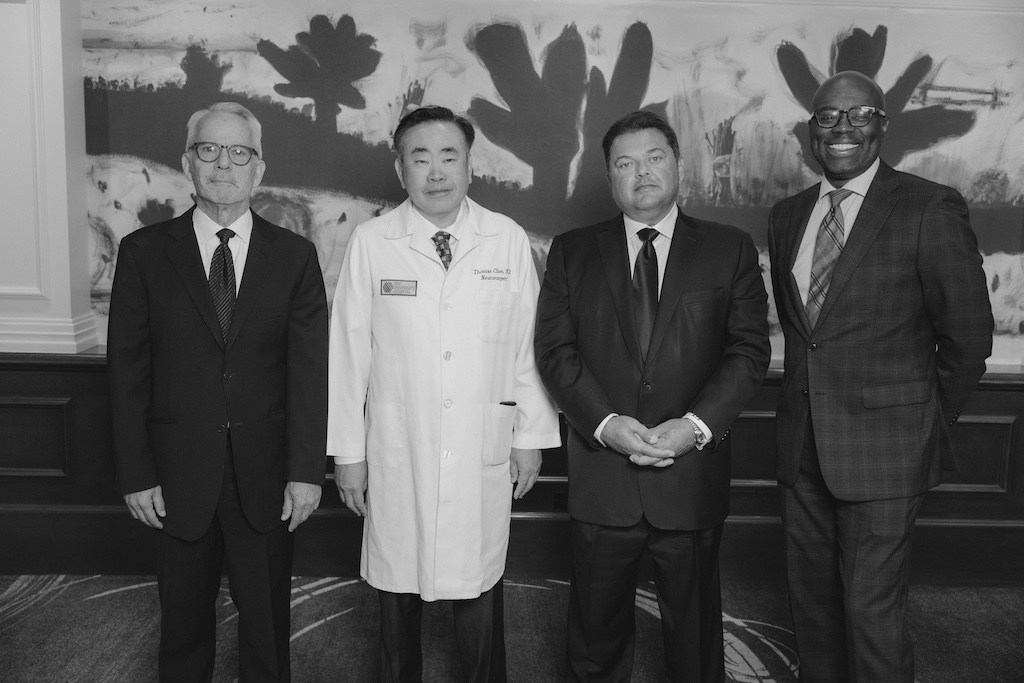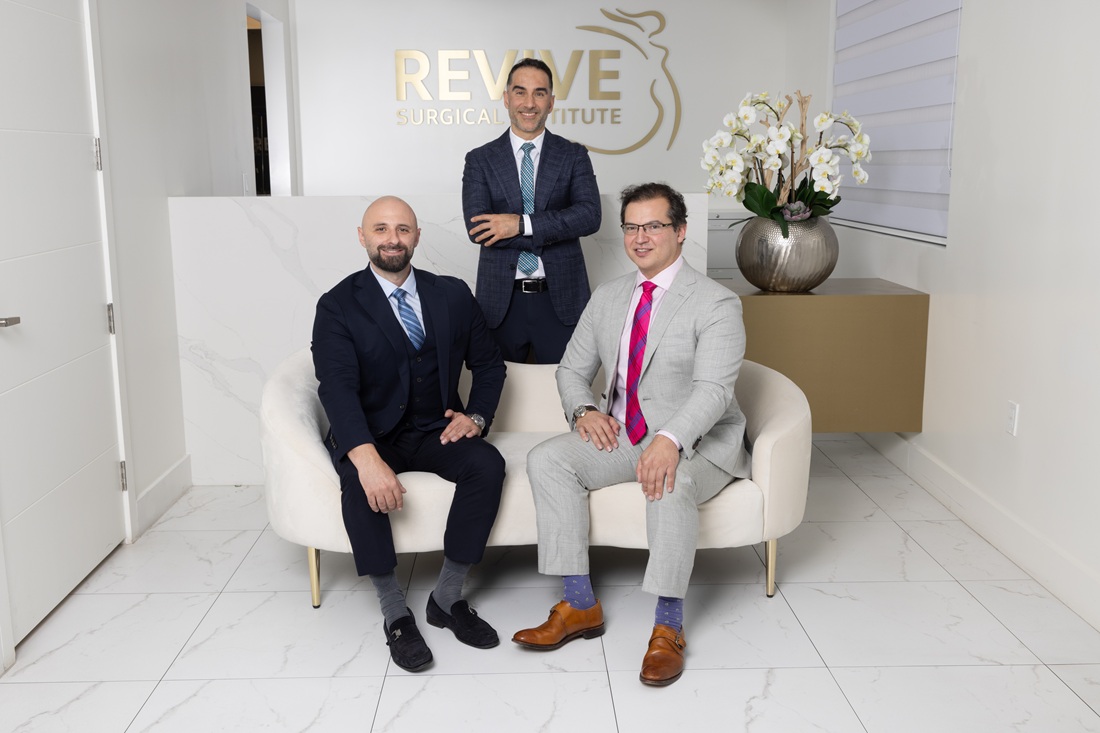From Terminal To Thriving: Real Patient Outcomes With NeOnc’s Treatment
 Photo Credit: NeOnc
Photo Credit: NeOnc
Clinical trials might not seem too exciting to the average person. However, when the medication being evaluated (or, in this case, NeOnc’s drug delivery system) has the potential to treat brain cancer, the world takes notice.
A one-of-a-kind intranasal drug delivery system created by biotech company NeOnc might still be going through clinical trials, but it’s already saving the lives of people who were dying of brain cancer only months before.
The delivery system, developed by the University of Southern California Director of Surgical Neuro-Oncology and Professor of Neurosurgery and Pathology Dr. Thomas Chen, aims to solve a critical problem in the world of brain cancer treatment.
Medications must be able to reach the brain to effectively treat a tumor there. However, these medications have trouble crossing the blood-brain barrier, making it impossible to optimally treat cancer.
Through a specialized nasal formulation, NeOnc’s delivery system helps cancer drugs bypass the blood-brain barrier by traveling through the olfactory nerve. Aerosolized particles are then picked up by cerebrospinal fluid and enter the brain.
Already, this solution has helped patients dealing with serious cases of brain cancer — but not all patients are eligible to join the ongoing clinical trials. “We select patients who are what we call recurrent,” says Dr. Chen.
“Recurrent means that they have had standard care already. Our standard care for brain cancer is surgery to get a diagnosis and also remove as much of the tumor as we can. The second is radiation therapy, and then, the third is chemotherapy. When these patients fail standard care, their survival time is usually about six months.”
Because brain cancer patients are out of options by the time they’re eligible for Dr. Chen’s trials, each person enrolled receives the actual treatment — there are no placebos to speak of. “Since these are people who are dying, it’s not like we’re giving a double-blind test,” says Dr. Chen. “The results look very, very good so far.”
Those results look so good that the NeOnc team was able to help even more patients. Brain tumors are graded in terms of malignancy. There are four levels, with grade 1 being the least malignant and grade 4 being the most. Initially, the FDA only permitted the trials to include patients with grade 4 tumors.
“This drug was working so well, Dr. Chen went to the FDA and asked if we could enroll grade 3 patients as well,” says Executive Chairman Amir F. Heshmatpour. “The FDA said yes.”
Dr. Chen developed the drug delivery system to extend patients’ lives. So far, it’s exceeding even his expectations. He says. “We are prolonging lives, but we have had a couple of patients where essentially their tumors went away on my scan, and we’re still following these patients.”
It’s too soon for Dr. Chen to conclusively say whether the drug delivery system can cure brain cancer. But for the patients who have received a second chance at life after facing what seemed like a certain death, the answer is clear.
Thanks to a spirit of innovation and an unwavering commitment to fighting cancer, NeOnc just might be ushering in a new era of brain cancer treatment.
Written in partnership with Capri Miller












